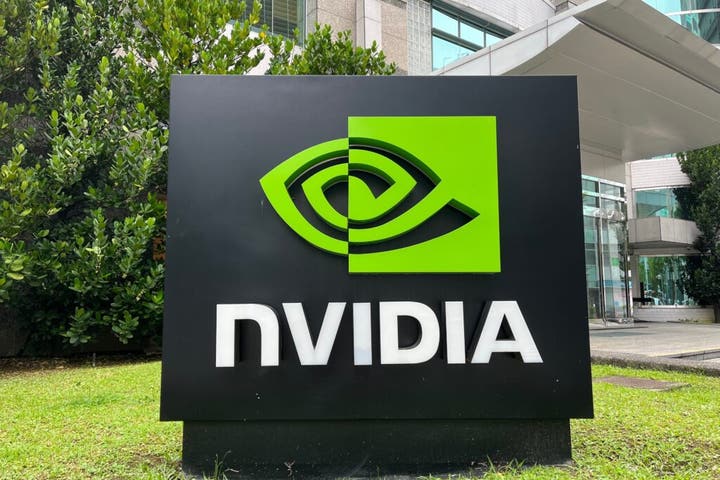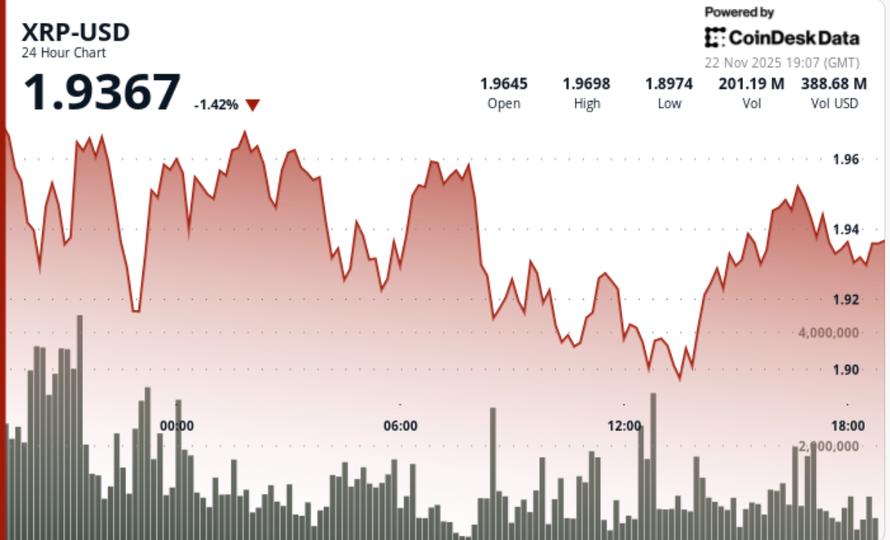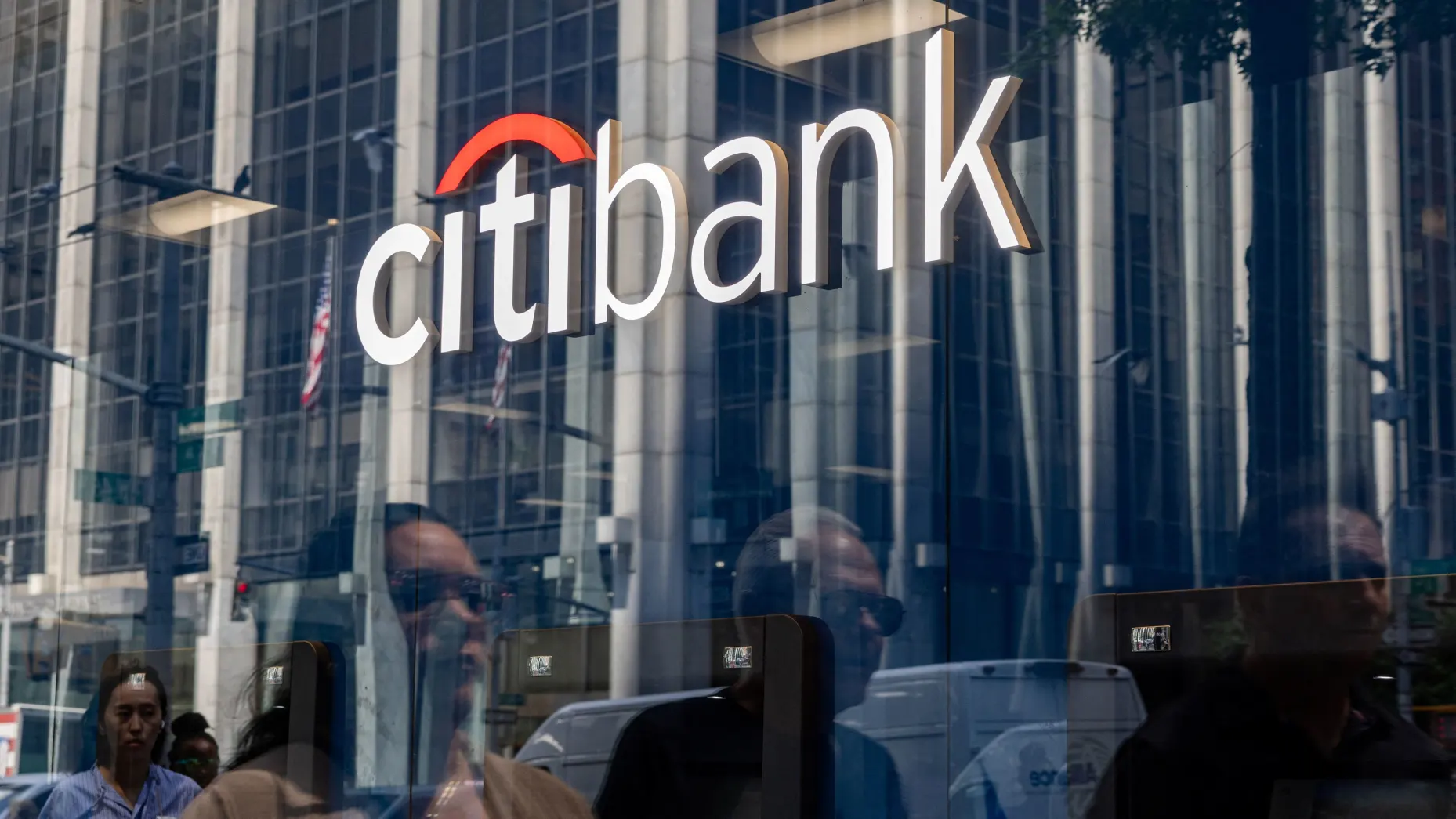
Michael Burry: Nvidia's Buyback Strategy is Worthless!


Michael Burry Criticizes Nvidia
Michael Burry, the famous "Big Short" investor, questioned Nvidia Corp.'s (NASDAQ: NVDA) capital distribution strategy. Burry claimed that the $112.5 billion spent on stock buybacks since 2018 has provided "zero" additional value to shareholders.
Burry emphasized in a post on X that there is a mismatch between Nvidia's aggressive stock buybacks and the rising number of shares. According to his analysis, Nvidia has conducted $20.5 billion in Stock-Based Compensation (SBC) since 2018.
Although the company reported $205 billion in net income and $188 billion in free cash flow during the same period, Burry argues that the $112.5 billion allocated for buybacks was essentially spent to counteract the dilution caused by SBC.
“However, they bought back $112.5 billion worth of shares, and there are 47 million more shares outstanding,” Burry said, adding, “The real cost of this SBC dilution is $112.5 billion and reduces owners' earnings by 50%.”
Burry suggests that the company's spending on buybacks is not truly reducing the number of shares but rather is a defensive maneuver against dilution. He expresses that this situation distorts the perspective of "owners' earnings" for long-term investors.
These criticisms come while Nvidia's market dominance and strong stock price continue, as the company is experiencing growth due to its critical role in the artificial intelligence revolution. Nvidia's latest quarterly results revealed a record revenue of $57 billion, up 62% year-on-year. CEO Jensen Huang stated, “AI is spreading everywhere.”
During the company's earnings call, the strong demand for Blackwell and Rubin GPUs was highlighted, with $500 billion in revenue expected from these architectures by 2026.
Nvidia's CFO Colette Kress addressed capital distribution in the recent earnings call, emphasizing the need for a strong balance sheet to finance growth and secure supply chains.
CEO Huang also mentioned ongoing share buybacks and strategic ecosystem investments in partnerships with OpenAI and Anthropic; these investments aim to expand access to Nvidia's CUDA platform.
Nvidia's shares have gained 34.86% this year compared to the broader market, while the Nasdaq Composite Index has risen 17.03% and the Nasdaq 100 17.47% since the beginning of the year.
On Wednesday, the stock closed the regular trading session up 2.85% at $186.52 and increased by 5.08% in extended trading. Over the past year, the stock has gained 27.85%.
The stock shows a stronger price trend in the medium and long term, but is following a weak trend in the short term and has a poor value ranking. Further performance details are available via Benzinga Edge's Stock Rankings.
```Benzer Haberler
.png)
Yakında Tüm Platformlarda
Sizlere kesintisiz haber ve analizi en hızlı şekilde ulaştırmak için. Yakında tüm platformlarda...










.png)